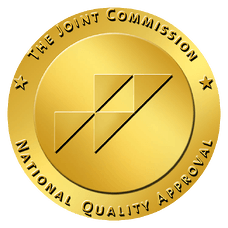Problem-Solving Court Services
No matter what your legal situation is, Wabash Recovery is here to support you on your path. We provide assistance with Drug Court, Mental Health Court, Re-Entry Court, Family Court, and Veterans Treatment Court.
You've got the backing of Wabash Recovery's reputation every step of the journey.
Our program is esteemed by numerous judiciary and community supervision experts. We set stringent standards for our participants to ensure their commitment to the treatment plan and achievement in the recovery journey.
If the client has been assessed and meets all the necessary criteria for Residential or Outpatient treatment, Wabash Recovery is able to offer the following services:
Benefits
Conditional Entry
An offer of provisional acceptance into the Wabash Recovery program is a requirement for a client's alternative sentencing agreements.
Custodial Transfer
A Wabash Recovery representative can also be on hand to receive a client directly from the courts or a correctional facility as a condition of their release.
Admission Confirmation
An admission letter confirming the client's successful enrollment and acceptance into our treatment program.
Progress Reviews
Consistent client progress reports provide clinical evaluations of the client's adherence to the established treatment plan.
Clinical Profile
Assessment and surveys conducted clinically to evaluate the client's behavioral patterns, the nature, and severity of their addiction.
Court Liaison
Highlight a distinctive quality or characteristic of the company. Craft a brief paragraph elaborating on it and select a relevant icon to represent it.

Program Requirements
The Howard County Problem Solving Courts have 4 phases and common responses to positive and negative
behaviors. The program phases are as follows:
Phase 1
Daily contact with case manager, follow all housing/ treatment/ educational/ occupational recommendations, urine drug screens at least 2 times per week, attend self-help/ mentoring meetings 2 times per week or as directed, and attend weekly court sessions.
Phase 2
Successful completion of phase 1, contact with case manager at least 3 times per week, follow all housing/
treatment/ educational/ occupational recommendations, urine drug screens at least 2 times per week or as directed, attending self-help/ mentoring meetings as ordered, and attending biweekly court sessions
Phase 3
Successful completion of phase 2, contact with case manager at least 1 time per week, follow all housing/ treatment/ educational/ occupational recommendations, urine drug screens at least 2 times per week or as directed, attended self-help/ mentoring meetings as ordered, and attended monthly court sessions
Phase 4
Successfully complete Phase III, participate in a reassessment interview, submitting to the Indiana Risk Assessment System. Appearance at three-month review and graduation, after a minimum participation period of twelve (12) months.
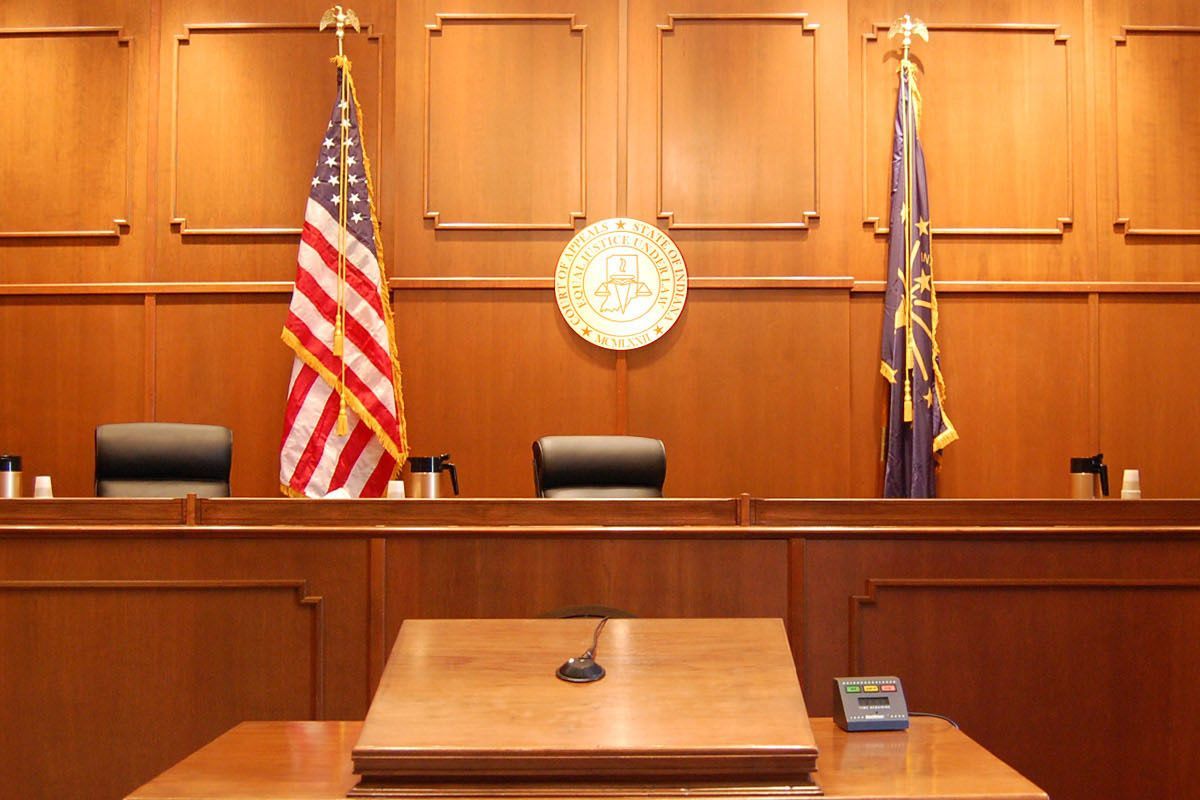
Mental Health Court
The Howard County Mental Health Court Program is dedicated to providing individuals involved in the criminal justice system and grappling with mental illness access to intensive treatment services to disrupt the cycle of mental health issues and criminal behavior. To qualify, applicants must not have any outstanding warrants or prior convictions for serious offenses such as rape, child molestation, murder, or criminal confinement. They must be ready to adhere to court-ordered treatment, possess the physical capability to participate, meet the criteria for a non-psychotic mental health disorder, and be prepared to fulfill the program fees within the specified time frame. The program's duration ranges from 12 to 36 months based on individual progress. It offers various pathways for both pre-conviction and post-conviction clients who meet the eligibility requirements.
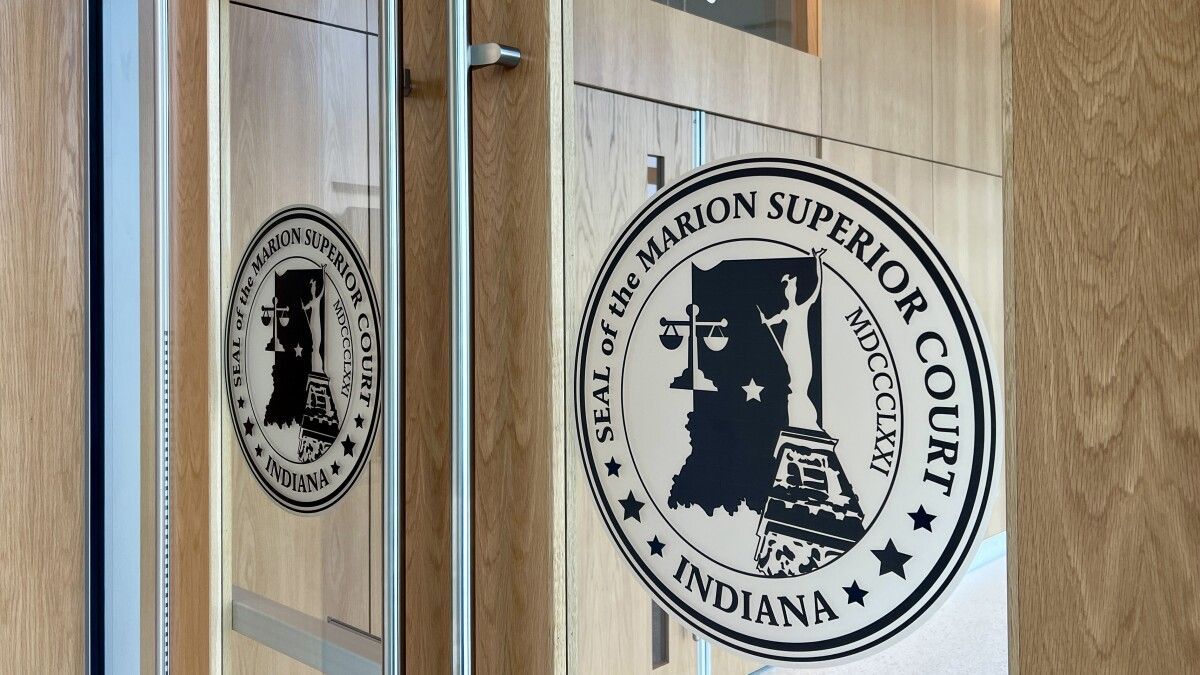
Re-Entry Court
The Howard County Reentry Program aims to support qualifying individuals reintegrating into the community after incarceration for a smoother transition. The Re-Entry Court initiative is a post-conviction program mandated as part of community supervision. Participation in the Re-Entry program can be initiated through a sentence modification request or due to a breach of community supervision terms. The completion period for the Re-Entry Court Program ranges between 12 to 36 months based on individual performance.

Family Court
The Family Division Courts have jurisdiction over these case types:
- Adoption and Adoption History (Minors)
- Domestic Relations (with Children and without Children)
- Guardianships (Minors)
- Juvenile CHINS (Child in need of Services)
- Juvenile Delinquency
- Juvenile Paternity
- Juvenile Status
- Juvenile Termination of Parental Rights
- Juvenile Miscellaneous
- Reciprocal Support [handled by Circuit Court]
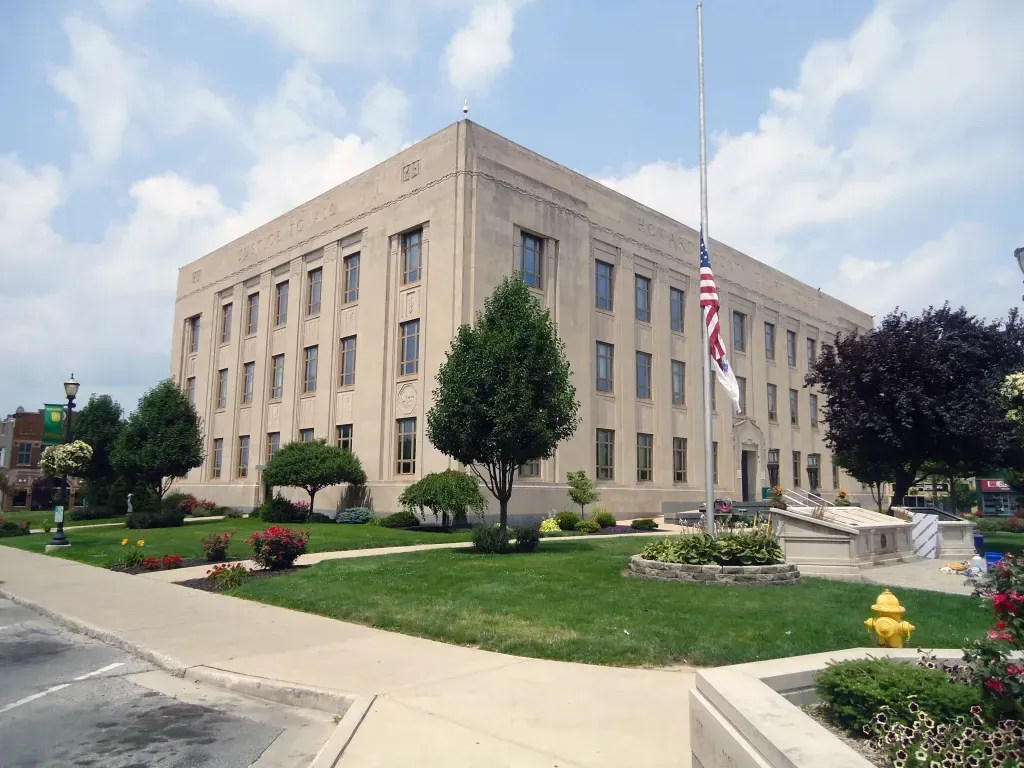
Veterans Treatment Court
The Howard County Veterans Treatment Court Program is dedicated to offering eligible veterans comprehensive treatment services to address mental health and substance abuse issues linked to their service in the United States Armed Forces. To qualify, applicants must not have any outstanding warrants or prior convictions for serious crimes such as rape, child molestation, murder, or criminal confinement. They must have served or currently serve in the military, commit to following court-ordered treatment, possess the physical capacity to participate, meet the criteria for substance use disorder and/or a non-psychotic mental health disorder, and have the means to cover program fees within the allocated timeframe. The program duration ranges from 12 to 36 months based on individual progress.
WHAT IS DRUG COURT?
Drug Court programs
A Drug Court is a specialized court that offers offenders who suffer from addiction a chance at treatment services in lieu of prosecution.
Drug Court does work.
- The Drug Court program typically lasts between 9 and 15 months, commencing with Residential treatment and progressing to Outpatient care.
- Under the supervision of a judge, treatment professionals play a key role in assessing the level of care needed for each participant.
- Regularly updated progress reports keep the judge informed of the individual's treatment progress.
- Completion of the program signifies a successful transition to a life of recovery and the possibility of reduced or dismissed sentences.
Wabash Recovery does not guarantee individual outcomes as we are a service provider, and only make recommendations based on patient progress. It is the courts that make any final determinations.
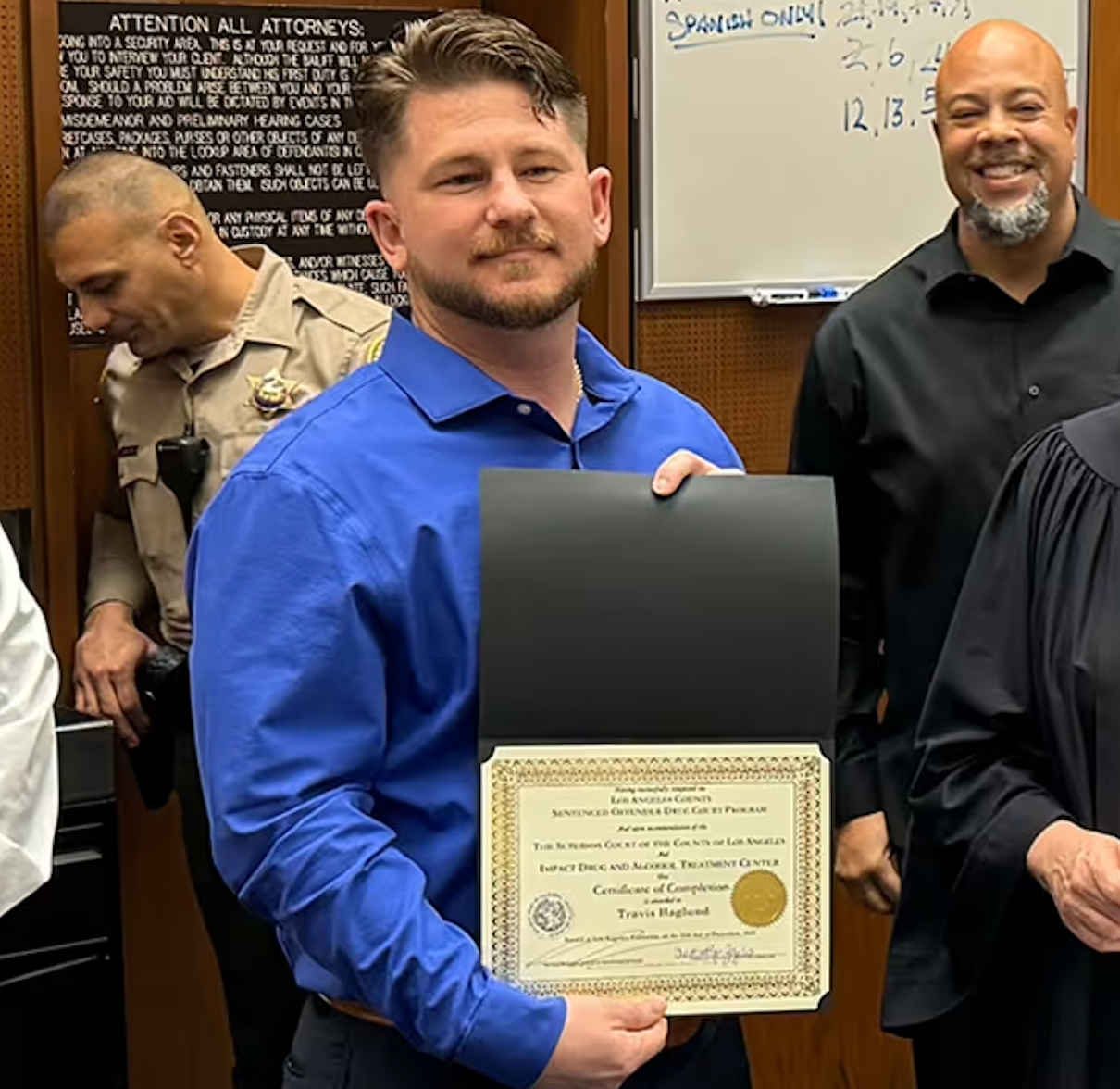
Who Qualifies for Drug Court?
Eligibility for a Drug Court Program depends on an individual's charges, criminal justice history, substance use disorder history, willingness to change, and other factors.
ELIGIBILITY
First Interaction
Typically, individuals first connect with the Drug Court through a referral from their attorney and consult with the Wabash Recovery court liaisons in the courtroom.
Screening & Evaluation
Screening and assessment are mandatory. Once the eligibility criteria are satisfied, the Judge will notify the individual of the participation requirements, and the client will be enrolled.
Providing Problem-Court services at Howard County Courthouse
Wabash Recovery is proud to partner with the Howard County Court House in a collaborative effort to provide essential services to a diverse population in need. By working together, we are able to offer a wide range of resources and support to individuals from various backgrounds, ensuring that each person receives the personalized care and attention they require to achieve long-lasting recovery and well-being. Our shared commitment to serving the community drives us to continuously innovate and expand our programs, creating a more inclusive and supportive environment for all those seeking assistance.
LOCATION
Wabash Recovery has been a partner with problem-solving courts for over two years.
Don't qualify for Drug Court?
Even if you don't meet the criteria for Drug Court but are court-ordered to attend rehab, you have options. Wabash Recovery works with many different courts to provide treatment services that meet legal obligations.
Ask an Admissions Specialist
Have your court information available.



